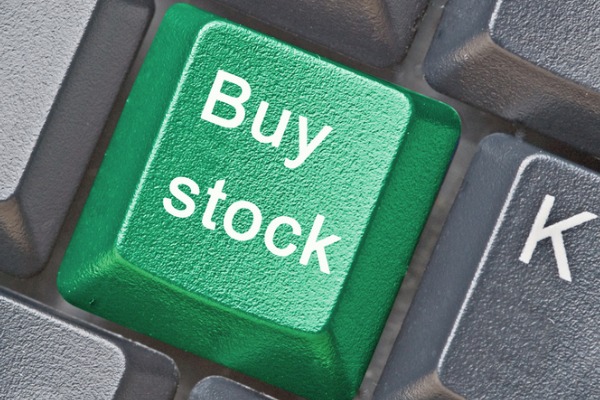Share buyback craze: UK banks and oil companies lead the way
4th August 2023 12:01
by Richard Hunter from interactive investor
A key takeaway from this earnings season has been the scale of share buybacks in some sectors. Our head of markets explains what they are and why companies like them so much.

The topic of share buybacks tends to divide opinion, with both sides of the debate having some merit.
The theory is simple enough.
- Invest with ii: Open a Stocks & Shares ISA | What is a Stocks & Shares ISA? | ISA Offers & Cashback
Companies repurchase their own stock which means there are less shares in circulation. This should immediately improve the earnings per share number as earnings are divided by fewer shares.
All things being equal, this should also lower the price/earnings (PE) ratio, which is a key metric for potential investors. The stock therefore becomes “cheaper” and is likely to lure more investors. This is especially pertinent to the likes of the FTSE 100, currently an “unloved” index which is looking to attract buyers (and where you’ll find many of the largest UK buybacks presently in operation).
At the same time, there is an indirect benefit to existing investors, who now have a larger percentage of the company and therefore a larger stake in future profits and dividends. The announcement of a buyback programme is therefore generally well received in the City.
But there are caveats
Companies invariably describe buybacks as part of the “shareholder returns”, which means that in some cases the buyback can be used at the expense of dividend growth. In addition, buybacks can only really create value if a stock is undervalued, in that each investor (including companies themselves) would only normally buy shares if they consider the stock to be undervalued.
There are other question marks over the process, such as whether the cash involved could be put to better use, be that reducing debt, reinvesting in the company or even acquisitions. Management will usually be quick to point out that these avenues have been explored and that a buyback is the most prudent use of capital.
There is also the question of the scale of benefit, especially to retail investors who, on the whole, individually own a tiny percentage of the overall company and who therefore stand to gain rather less in relative terms.
In the UK, high street retailer Next was an early adopter of buybacks (another trend borrowed from the US), although it has very clear guidelines on the point at which it will entertain them. There were an estimated 340 million shares in issue in 2000, a figure which now stands at 120 million. However, Next has chosen its moments carefully, and is slightly unusual in only ever participating in buybacks from surplus cash.
Elsewhere, the preponderance of buybacks is most clearly seen right now through the lens of the oil majors and the banks. Cash generation is a particular feature of the oil companies, while excess capital arising from previous regulation on the so-called “capital cushion” leaves UK banks generally awash with cash.
Big buybacks in UK results season
Over the past few weeks, at least seven high-profile FTSE 100 businesses have announced massive share buyback programmes.
BP (LSE:BP.) will repurchase $1.5 billion of its own shares by 27 October, while Shell (LSE:SHEL) will buy $3 billion of stock before its third-quarter results in November, then confirm a further share buyback programme of at least $2.5 billion.
Among the banks, Lloyds Banking Group (LSE:LLOY) announced in February it would buy back up to £2 billion of its shares, and by 30 June had completed £1.5 billion. NatWest Group (LSE:NWG) just announced a further share buyback of £500 million in the second half of its financial year, Barclays (LSE:BARC) its own £750 million buyback programme, and HSBC Holdings (LSE:HSBA) another buyback scheme of up to $2 billion.
- Barclays shares punished for income miss and fewer deals
- Lloyds Bank has slower Q2 but dividend receives boost
Elsewhere, defence giant BAE Systems (LSE:BA.)s has completed £1 billion of its own £1.5 billion buyback programme. Once done, it will begin buying another £1.5 billion of its stock over the next three years.
At first glance, it is easy to see the benefits of share buybacks and how they can underpin performance metrics. At the same time, there are also potential drawbacks. As with investment in general, the acid test is how the companies perform in future.
These articles are provided for information purposes only. Occasionally, an opinion about whether to buy or sell a specific investment may be provided by third parties. The content is not intended to be a personal recommendation to buy or sell any financial instrument or product, or to adopt any investment strategy as it is not provided based on an assessment of your investing knowledge and experience, your financial situation or your investment objectives. The value of your investments, and the income derived from them, may go down as well as up. You may not get back all the money that you invest. The investments referred to in this article may not be suitable for all investors, and if in doubt, an investor should seek advice from a qualified investment adviser.
Full performance can be found on the company or index summary page on the interactive investor website. Simply click on the company's or index name highlighted in the article.